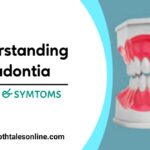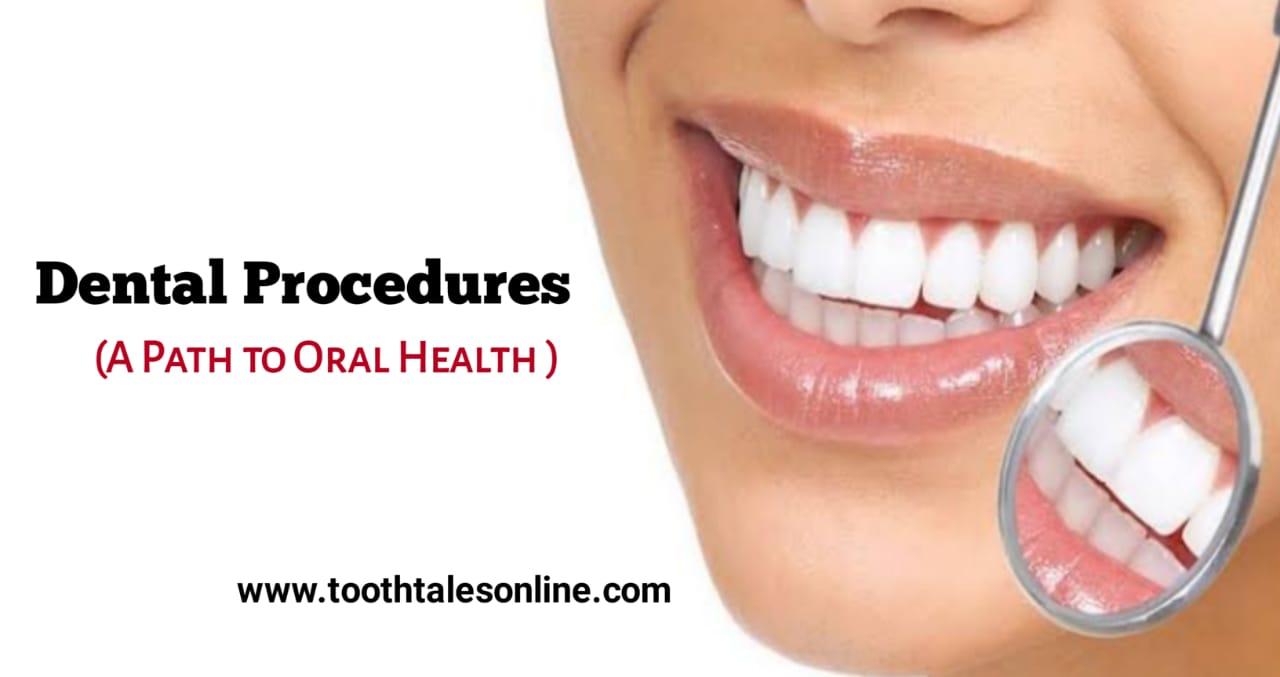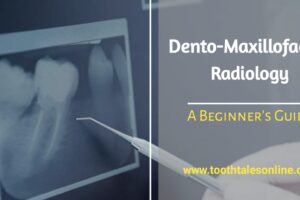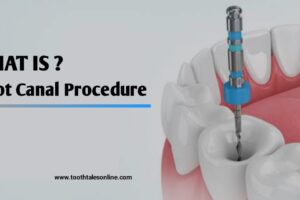List Of Dental Procedures:
Maintaining optimal oral health requires regular dental care and addressing any dental issues promptly. Dental procedures are diverse, covering everything from preventive care to cosmetic and restorative treatments. Here’s an overview of key dental procedures that help keep your smile healthy and bright.
Preventive Dental Procedures:
Preventive care is essential for avoiding major dental problems. Regular dental visits for these procedures can help maintain healthy teeth and gums.
- Dental Cleanings: Professional cleanings remove plaque and tartar, which prevents cavities and gum disease.
- Fluoride Treatment: Strengthens enamel, making it more resistant to decay.
- Dental Sealants: A protective layer applied to the molars to prevent cavities in deep grooves.
Restorative Dental Procedures:
When teeth are damaged or decayed, restorative procedures help repair and restore their function and appearance.
- Crowns: Caps placed over damaged or weakened teeth to restore their shape and strength.
- Bridges: Replaces one or more missing teeth, anchoring artificial teeth to adjacent natural teeth.
- Dentures: Removable replacements for missing teeth that improve chewing and speaking.
Cosmetic Dental Procedures:
Cosmetic dentistry enhances the appearance of your smile through several effective techniques.
- Teeth Whitening: A common and effective procedure to brighten discolored teeth.
- Veneers: Thin, custom-made shells that cover the front of teeth to hide imperfections.
- Bonding: A tooth-colored resin applied to fix chips or gaps in teeth.
Orthodontic Dental Procedures:
Orthodontic treatments correct misaligned teeth and improve bite issues.
- Braces: Metal or ceramic brackets and wires that gradually shift teeth into the proper position.
- Invisalign: Clear, removable aligners used for straightening teeth without visible braces.
Oral Surgery Procedures:
Oral surgeries address complex dental issues that cannot be resolved through less invasive treatments.
- Tooth Extractions: Removal of damaged or problematic teeth, including wisdom teeth.
- Wisdom Teeth Removal: Extraction of third molars to prevent overcrowding or other complications.
- Dental Implants: Surgically placed to replace missing teeth, functioning as artificial tooth roots that support crowns.
Periodontal (Gum) Procedures:
Gum treatments help prevent or treat gum disease, which can lead to tooth loss if untreated.
- Scaling and Root Planning: Deep cleaning that removes plaque and tartar below the gum line, treating gum disease.
- Gum Grafts: Tissue is transplanted to cover exposed tooth roots, preventing further recession.
Pediatric Dental Procedures:
Specialized care for children’s dental needs ensures healthy teeth as they grow.
- Pulpotomy: Partial removal of the pulp in a child’s tooth to stop infection and preserve the tooth.
- Space Maintainers: Used to keep space open for permanent teeth after a child loses a baby tooth prematurely.
Emergency Dental Procedures:
Emergencies require quick action to prevent further damage and relieve pain.
- Dental Trauma Management: Immediate care for broken, chipped, or knocked-out teeth.
- Root Canal Therapy: Removes infected tissue inside a tooth, saving it from extraction and relieving pain.
Conclusion:
Dental procedures play a crucial role in maintaining oral health and improving the aesthetics of your smile. From preventive care to restorative and cosmetic treatments, each procedure is tailored to meet specific dental needs. Regular check-ups and prompt treatments are key to ensuring long-term oral health.
FAQs:
What are the most common dental procedures? The most common dental procedures include cleanings, fillings, extractions, and teeth whitening.
How often should I get my teeth cleaned? Dentists recommend getting a professional cleaning every six months to maintain good oral health.
Are dental procedures painful? Most dental procedures are not painful due to the use of local anesthesia or sedation options, ensuring patient comfort.
How long does a dental procedure take? The time varies depending on the procedure. Cleanings usually take 30 to 60 minutes, while more complex procedures like implants may take several hours.
What can I do to avoid major dental procedures? Good oral hygiene, including brushing, flossing, and regular dental check-ups, can help prevent the need for major dental procedures.






















Add Comment